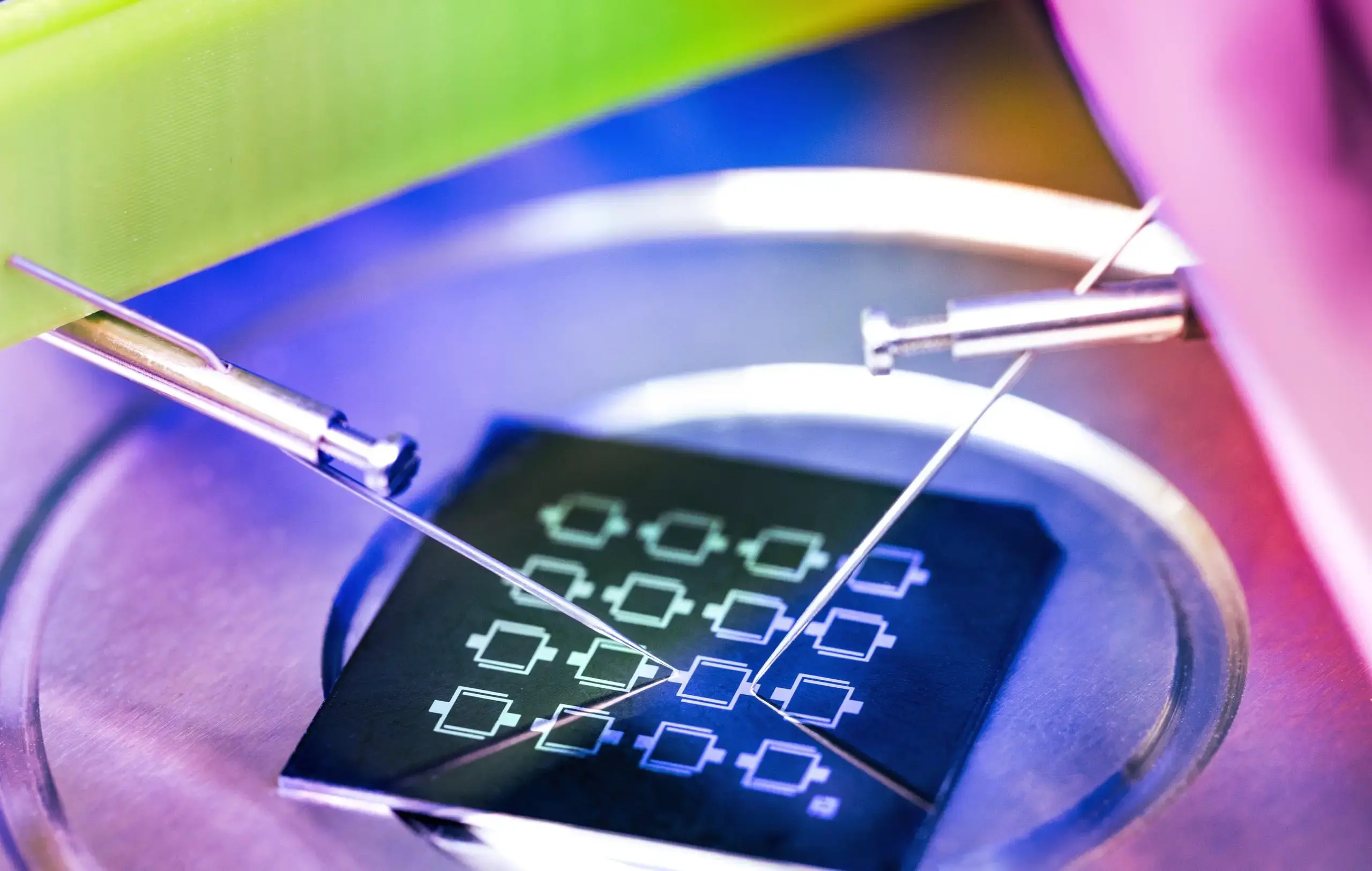Innovative Saliva-Based Glucose Sensor to Revolutionize Diabetes Monitoring::An innovative device could pave the way for more convenient diabetes monitoring. A prototype sensor that measures glucose levels in saliva could eventually offer a simple, rapid, and painless way for people to monitor their diabetes, according to the King Abdullah University of Science & Tech



Lol… A bit late ya? I already have glucose readings every 5 minutes. Maybe it’ll revolutionize someone’s bank account when they market it as fingerstick free, but dexcom already does that.
Maybe accuracy could be a selling point but it isnt mentioned in the linked article (maybe mentioned in their paper?). Fingerstick-free methods which measure it from surface have relatively lower accuracy. Also what is measures is not the blood but interstitial glucose level so it is delayed. But the correlation and delay of saliva glucose levels against blood glucose levels is also not mentioned. I hope this research can pave the way for something beneficial eventually. Edit: I tried to dig down the original paper but it is paywalled.
It is definitely an interesting idea. I’ve lived through failed promises of glucose readings contact lenses and watches, I’m not sure exactly why they fail but it’s made me pessimistic about things like that. I think anything new will have a hard time competing with current cgms unless it can be worn continuously for a month and/or doesn’t puncture the skin at all. For the type 1 market, patients already have to puncture the skin all the time to deliver insulin and most get used to it. The interstitial fluid measurement seems to be standard for cgms, so it’s on par in that regard.
The Dexcom isn’t always right though. They claim “no fingersticks” and “no calibration required” and both of those claims are complete bullshit.
Not so, I literally haven’t needed to do a fingerstick since I got the g6. They come calibrated and as long as you can go 3 hrs between sensors without testing you’re good to go. Maybe for someone with a different activity level this would change, but for some people no fingersticks is a reality.
I’ve had one for about 3 1/2 years and that’s not my experience, unfortunately. Some of the sensors are right on from the start and stay that way… maybe 30% of them. Some are off when they start and take 1-2 days to start reading correctly. In the meantime, it might say I’m 140 when my meters say 110, or 110 when my meters say 140, or at worst, Dexcom says 90 when I am obviously low and I check and it’s 65. Some sensors are just whacked out and unpredictable, like I’ll be hanging at 100 and it shows a quick drop to 90, 75, 65, and I’m uh, what? And check with a meter and it’s 110. The in-between sensors, they might be reading 30 points off for 3 days before I decide to calibrate and find out oh, it’s been telling me 80 when I’m really at 110. So, it’s always worth confirming.
Dexcom’s own instructions say to never do a ‘correction’, meaning insulin or carbs, without double checking with a meter ‘if your symptoms don’t match the reading’. I can’t always tell whether I’m low or high or normal, so that means realistically, it’s good to double-check. I’ve had times where I was correcting at ‘80’ up to 120 repeatedly for days and once I calibrated it, I found out I had really been ‘correcting’ from 110 to 160.
Hey friend. Pay attention to where you’re inserting it, when I roll onto mine in bed, the values drop precipitously because you’re squeezing out and preventing flow of subcutaneous fluids that the dexcom is specifically sensing.
Also of note, the dexcom doesn’t sense your blood sugar directly, the sub-q fluids are a slightly delayed version of your blood glucose. Measurements between the two are almost guaranteed to differ if you’re a living being. (Which I presume you are right? 😋)
Eta: here’s a bit of technical background if you’re curious: https://pubmed.ncbi.nlm.nih.gov/28205324/
deleted by creator
I’m aware of the pressure sensitivity thing causing a false low, and also how sensors have a delay from reading interstitial fluid. I’ve been doing this for 3 1/2 years, as noted. Even with the gibbering of the sensor, I maintain over 95% in range, so I feel like I am fairly attentive and well informed.
Honestly I don’t calibrate almost ever, so I should really clarify that my symptoms match my sensor glucose most of the time. I do see the occasional too-fast-to-believe change, but that’s usually at the end of a session and either corrects itself or is too small of a change to affect my decision making. I’ve been on a cgm for about a year, but have been diabetic for 28 and I must admit that my glucose monitoring before the cgm was horrible, so accurate or not for me it’s a major improvement. using tandem control IQ closed loop is what has made the biggest impact on my a1c ever.
Getting a saliva sample sounds messier than blood too. I’d rather more invasive but longer term stuff. Something implantable like eversense but more accurate and no calibrations needed ever would be better than changing a sensor every 10 days and waiting for it to be accurate.
I’m really sure that spitting on something is easier than stabbing yourself with a pin.
I said messier, I know it’s not harder. It’s definitely less effort.